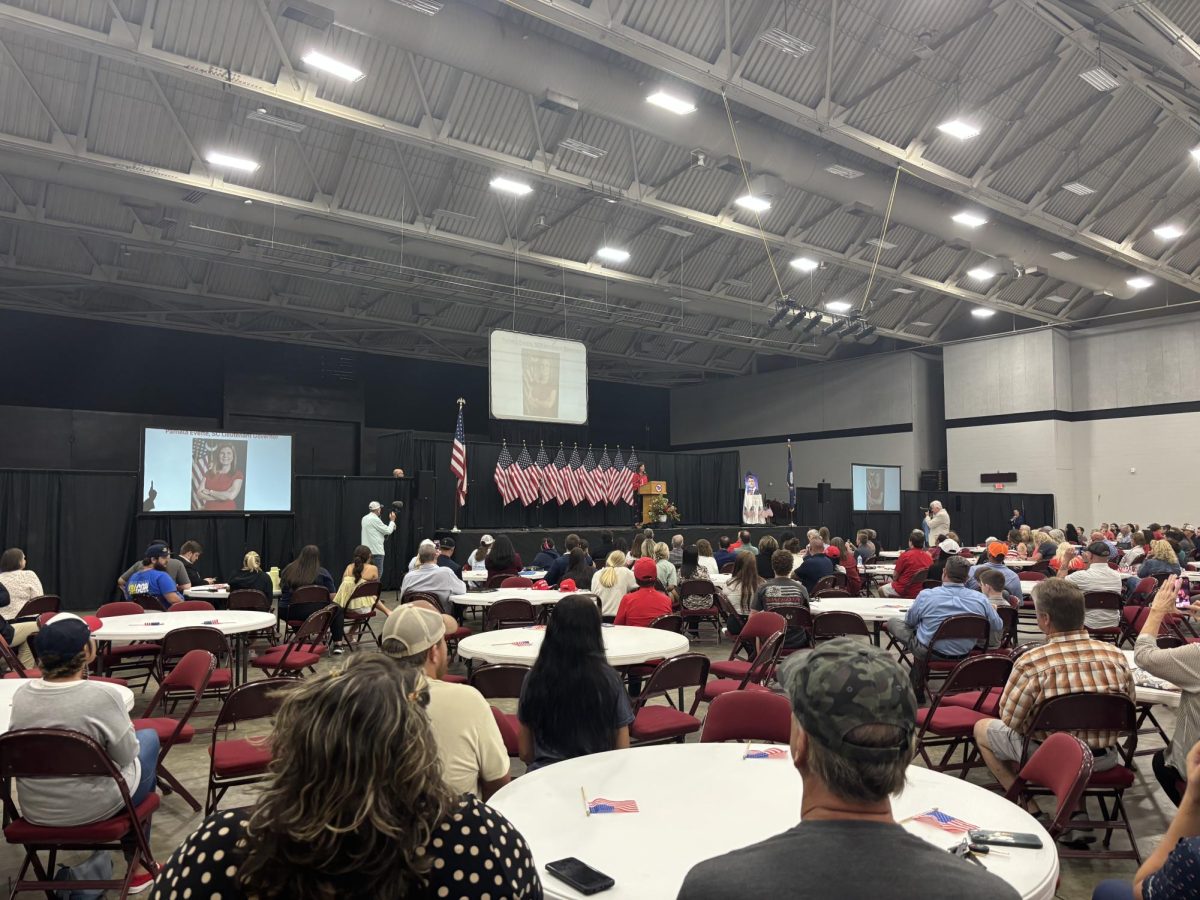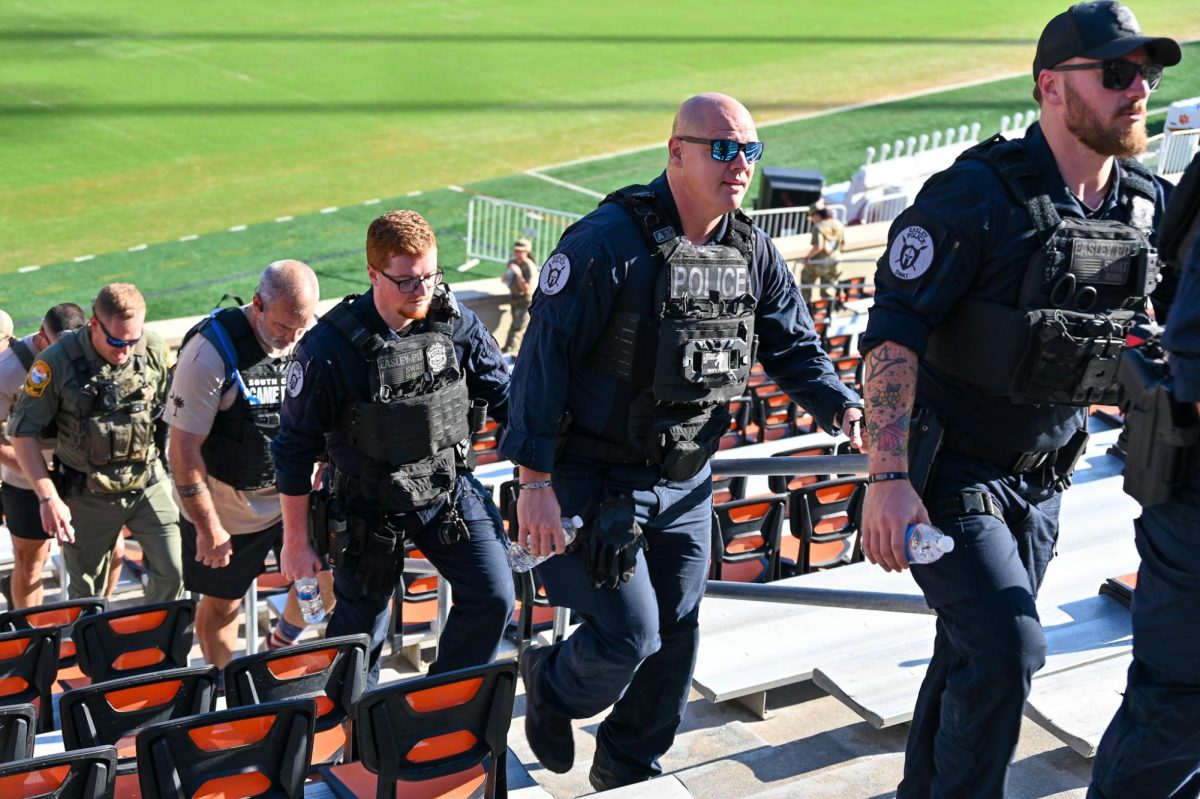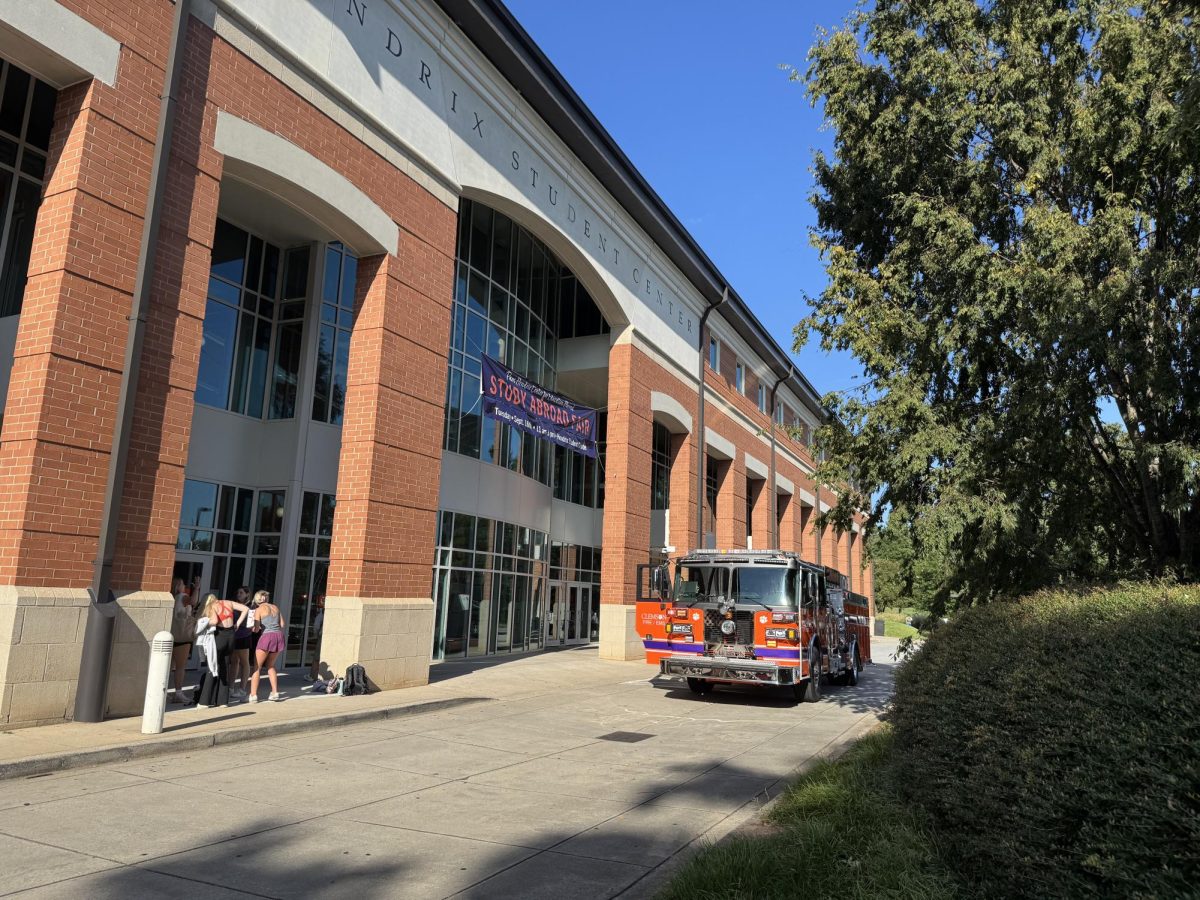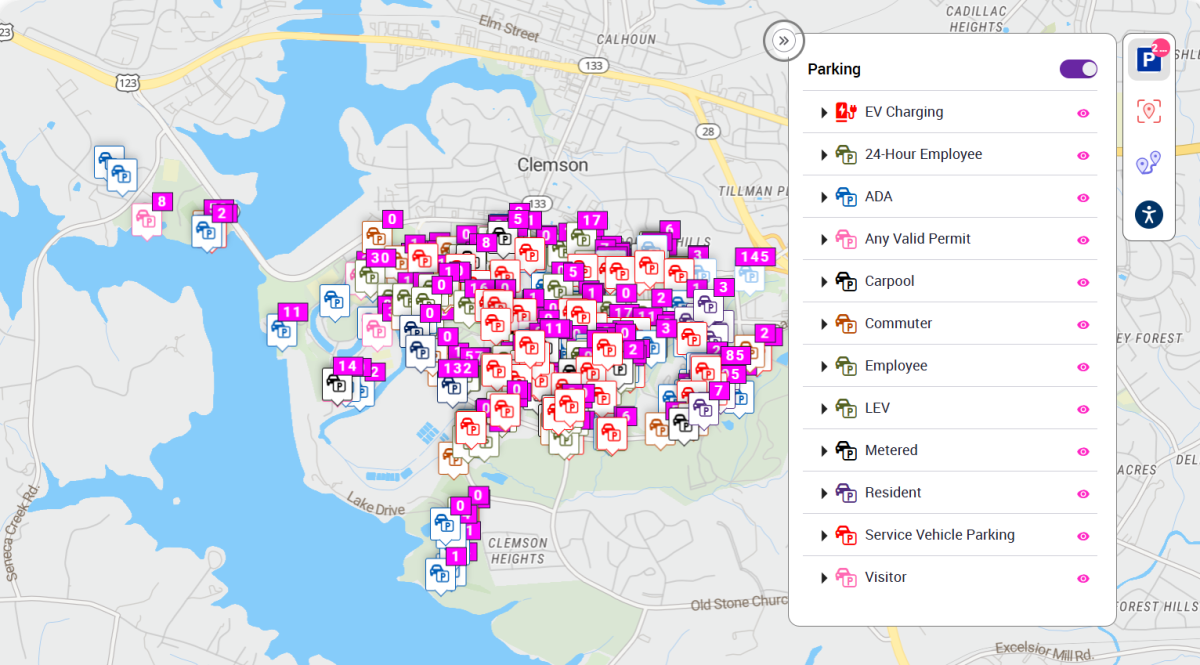For years, individuals and groups at Clemson University have been pushing for a housing option particularly suited for students who identify as a member of the LGBTQIA+ community. As of the spring semester of 2020, four students have come the closest to achieving this goal that anyone at Clemson ever has. After months of networking, researching and writing, the students, who were all members of the CUSG senate, drafted a resolution, helped found a creative inquiry (CI) and submitted a proposal to Clemson Housing and Dining for an LGBTQIA+ Living Learning Community (LLC).
However, one thing that all four students seemed to agree on was that they would not have been successful without the support given and the groundwork laid by those who came before them.
“I don’t want to undermine the work that so many people have done before us because truly, they laid the foundation for us to come in and drive it on home,” Sophie Finnell, a junior psychology major and one of the students who worked on the resolution, said. “We just had the right timing, the right group of passionate people and the right connections.”
One of those people was Travers Scott, a communications professor at Clemson. In the fall of 2013, Scott was contacted to help design an LLC for LGBTQIA+ students. Primarily in charge of the academic component of the LLC, Scott also worked with Suzanne Price, the director of residential learning for Clemson Home, and Becky Morgan, the former associate director of diversity education in the Harvey and Lucinda Gantt Multicultural Center. Scott was aware that an LLC council was researching the possibility before he joined, but even he doesn’t know how far back these efforts went.
Originally, the team aimed to create an LGBTQIA+ LLC in order to provide a physical space for LGBTQIA+ students on campus, to offer more inclusive housing and to create an LLC that was focused on gender studies. The inclusive housing option would have also striven to give a stable, safe space for trans or non-binary students who had difficulty finding housing due to university regulations.
“I was brought in to help design the academic component,” Scott said regarding the LLC. “What would a curriculum for this type of LLC look like? As part of that I tried to talk to different groups and interested parties on campus, incorporate in the work of the LLC Council, research similar programs, etc.”
However, despite the best efforts of Scott and his coworkers, the project eventually came to a standstill due to what was described as “largely legal issues.”
Tyler McDougald, a junior English and history major, was the student who decided to pick the project back up in fall of 2019 and push it towards completion. Andrew Gasparini, a spring 2020 alumnus who majored in history and political science, was also involved in the LLC project early on. McDougald and Gasparini, when they ran for vice-chairs of the CUSG’s senate Campus Life Committee and Inclusion and Equity Committee, respectively, shared a campaign that heavily featured their dedication to making the LLC a reality.
Upon securing his seat in the senate, McDougald put out feelers to other CUSG members, and Cassidy Smith, a senior industrial engineering major, joined the group. Finnell took the opportunity to do the same. Once the team was assembled, the real work began.
“We did the research,” McDougald said regarding what went into drafting the original resolution. “We met with Housing over and over and over again. We had to consider things like who would run the LLC, the academic side, who would be allowed to live there [and] where it would be.”
Each of the four senators had aspects of the LLC planning that they were in charge of. Gasparini was tasked with developing the academic side of the LLC, much like Scott was seven years prior. Gasparini accomplished that by founding a CI and recruiting Rachel Wagner, a professor for educational and organizational leadership development, to teach the CI.
“I wanted the class to be as interdisciplinary as possible in order for LGBTQ+ students of any major and the future LLC residents to be able to participate in its learning and investigative opportunities,” Gasparini said.
Smith was primarily responsible for writing the resolution itself, and she did tremendous amounts of research and had many meetings before even writing the actual piece of legislation.
“In the resolution, I wanted to state the need for the LLC, present the research that had been done concerning how an LLC could positively impact students, show the ways students could learn and grow from the opportunities the LLC would offer and report statistics about similar programs at the top nationally ranked universities,” Smith said.
Each CUSG legislative document can have sponsors, and Finnell’s contribution to the project was visible in her outreach to different LGBTQIA+ organizations for sponsorship. From outreach, to continued conversations, to an LGBTQIA+ organization conference that was sponsored by the women’s leadership department, Finnell ensured that sponsorships were more than just hollow names on the resolution.
“We wanted to make sure that all LGBTQIA+ needs, wants and wishes were represented in their resolution and that we were making sure everyone felt like their voice was heard, instead of us just assuming the needs and wants of all LGBTQIA+ people on campus,” Finnell said. “That’s how we have sponsors on the resolution from almost every LGBTQIA+ organization on campus.”
In addition to the representatives of six LGBTQIA+ student organizations, the team also consulted the director of the Council of Diversity Affairs, the president of Clemson Residence Hall Association and the associate director for Multicultural Community Development at the Harvey and Lucinda Gantt Multicultural Center, according to Smith.
Once the resolution was completed, the four senators submitted it for first read at the senate meeting on Feb. 3, 2020. The resolution returned for its second read on Feb. 10, 2020, and to the surprise of all four authors, it passed by acclamation.
“That is the highest approval CUSG can give,” McDougald said regarding the unanimous vote. “We were anticipating intense debate and a little bit of a fight; we absolutely did not expect for it to pass by acclamation. I think it’s the only time that I have cried as part of CUSG.”
In the wake of the resolution passing, the four senators submitted their proposal for the LGBTQIA+ LLC, named Lavender Hall, to Clemson Housing and Dining in June 2020, and they are eagerly awaiting a response to the proposal. Their work also saw the creation of WS 4900, a CI titled LGBTQ+ Learning Communities: Queering University Spaces.
Further information on the CI and the proposal’s current status will be published in the future at thetigercu.com. Further resources for LGBTQIA+ students courtesy of the Harvey and Lucinda Gantt Multicultural Center can be found here.









